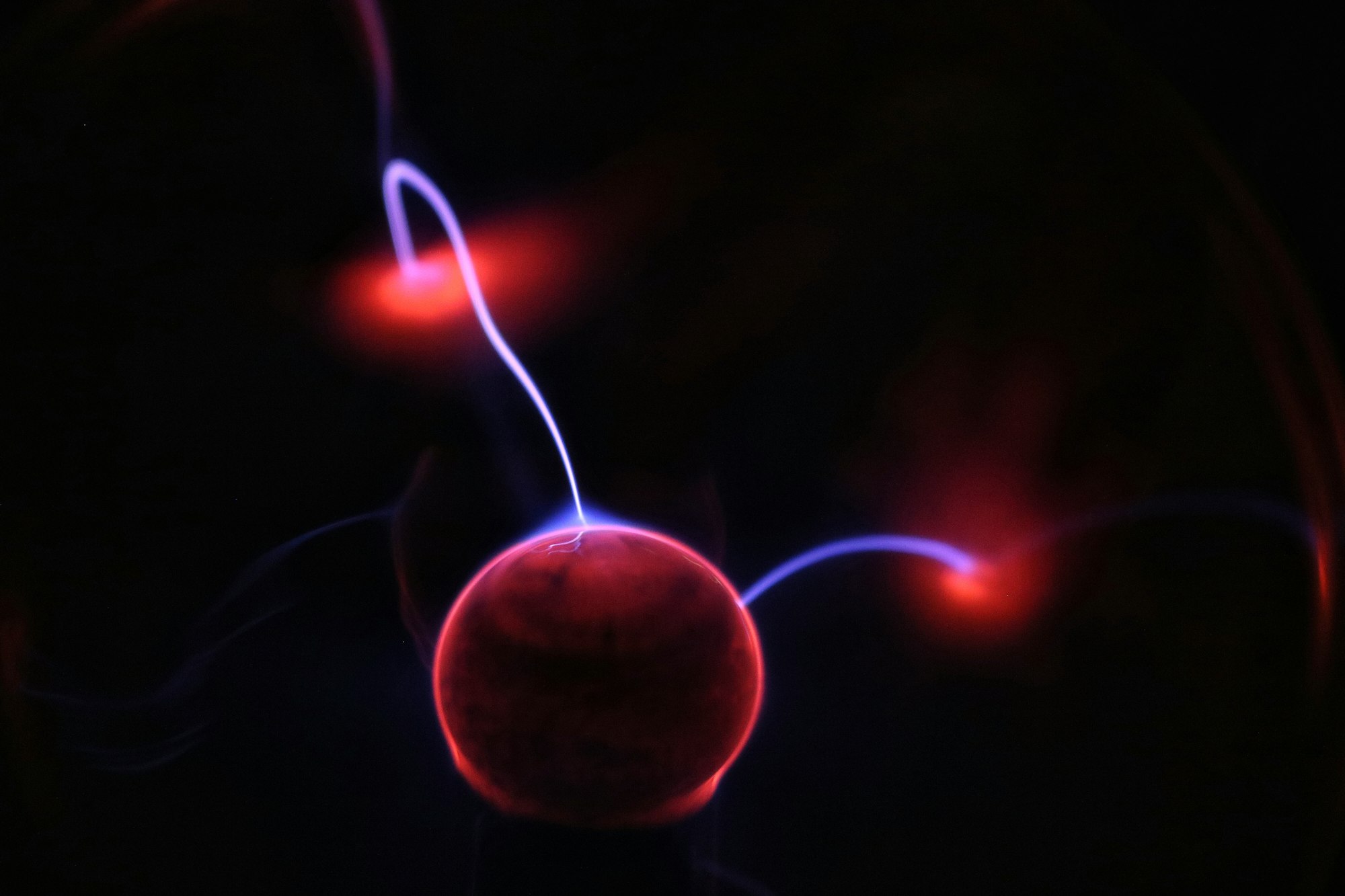What is a logical qubit?
You have probably heard about what a qubit is. A qubit is used in Quantum Computers for calculations just as a bit is used in classical computers. So what is the difference between a qubit and a logical qubit and why does that matter?

Recently, work from different groups like Microsoft together with Quantinuum and QuEra together with Harvard scientists have claimed progress towards a logical qubit. Why is this so important and impressive?
A qubit is used for calculations on a quantum computer. This qubit can be created in different ways, some quantum computing manufacturers use small particles like Ions while others use completely different methods. When you create such a single qubit with, for example, an Ion, this is called a physical qubit.
The problem with these physical qubits is that they are very prone to errors. This means that when we perform calculations using these physical qubits, the results might not be what we want to have. Next to that they can lose their quantum information over time, this is called decoherence. To counter this, we could try to create qubits with fewer errors and longer lifetimes. This would be a great step and is something that needs to be done regardless. However, this is probably not enough. The number of operations in a large quantum program is just to large, so even if the error per operation is low the overal error for the program will be to high. This means we need a method to suppress these inherent errors of physical qubits. This is where logical qubits come in.
A logical qubit is a group of physical qubits that together act as a single logical qubit. The idea is that this group of physical qubits can cancel out the errors of the individual physical qubits. This means that this logical qubit can perform actions without errors and can live as long as needed for the quantum program. This is done using error detection and error mitigation techniques.
Creating these logical qubits has been a real challenge. Previously, it was thought that creating a single logical qubit would require thousands of physical qubits. However, with the recent results, it may be possible to have fewer physical qubits per logical qubit. This would be great because a quantum computer would require fewer physical qubits.
Now we know what a logical qubit is, does it mean that these recent breakthroughs have created logical qubits? There is a bit of a nuance there. From my personal definition, a logical qubit does not have any errors and can last for as long as needed. Unfortunately, this is not yet the case. In the two research projects that I pointed out before, the logical qubits performed better than the physical qubits that they were created from. But they do not have zero error or unlimited lifetime yet.
These steps are still amazing and super important steps for the future of quantum computing. With this progress, it will hopefully be simply a matter of time until we have fully error-corrected logical qubits. These logical qubits will be the base for the large quantum computers required to execute all the amazing use cases that we think quantum computers can execute.
